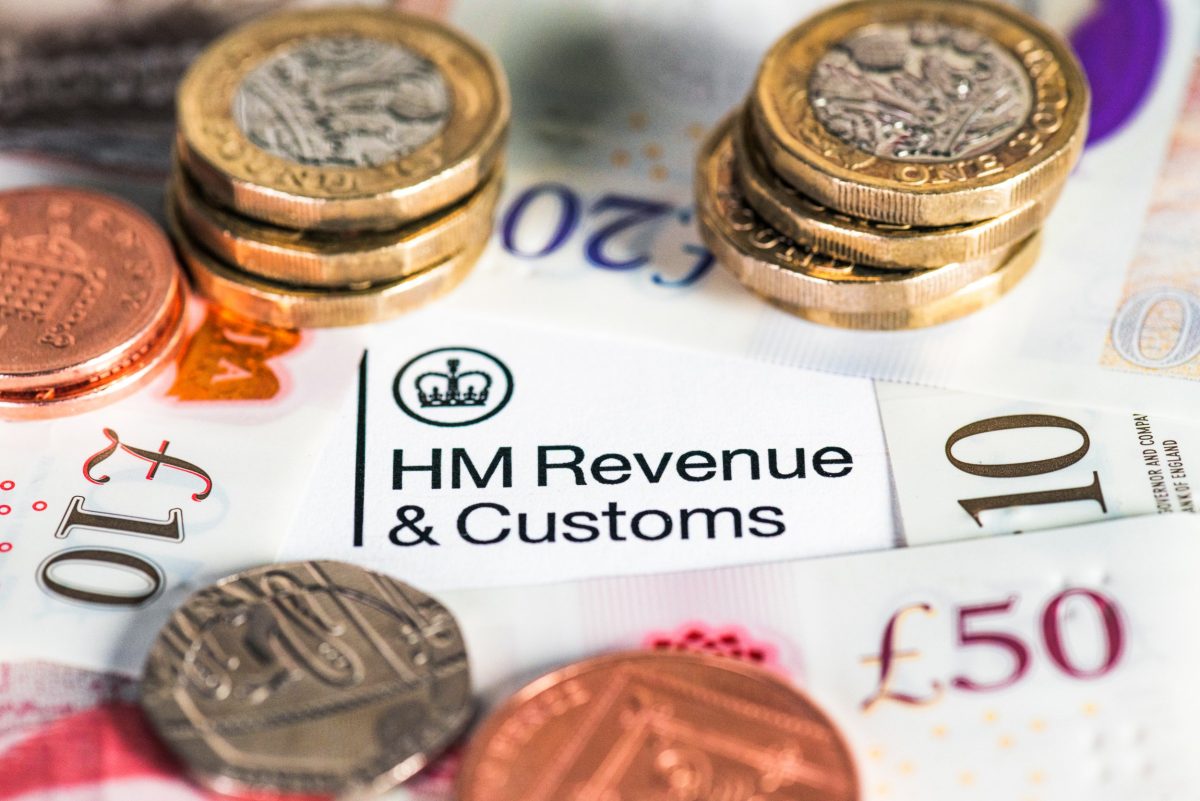
With the tax year coming to an end soon, this presents a crucial period to potentially reduce your payment.
In numerous instances, if it remains unused, you'll forfeit this year's allowances, So it’s worthwhile going through the tax-saving checklist to see if there are any smart methods you can use to reduce your taxes beforehand. The deadline is by midnight on 5 April.
Below, experts reveal how you might be able to reduce your tax liability –and the most effective approach to planning for the coming year.
- Maximise your free money
There are numerous methods to obtain free money from the government, including tax incentives, benefit programs, or special account offers.
Laura Suter, who leads personal finance at AJ Bell, stated: "Pension schemes present a significant opportunity; for instance, basic-rate taxpayers get 20 percent tax relief, whereas those paying higher or additional rates can claim back an extra 20 or 25 percent via self-assessment."
This implies that for someone paying the higher rate of tax, each £1 contributed to their pension effectively costs them 60p.
- Use your ISA allowances
Furthermore, individuals can gain advantages from Individual Savings Accounts (ISAs). At present, the Lifetime ISA may be utilized either to purchase your first residence or to save for retirement. You have the option to deposit up to £4,000 annually, with the government adding a 25% bonus to your savings, capped at an annual limit of £1,000.
Nevertheless, withdrawing funds before reaching the age of 60 incurs a 25 per cent penalty, unless it's for purchasing your first home. Thus, careful planning is crucial when considering this option.
On top of that, a standard ISA will give you a tax break on your investment growth and interest earned, as well as any withdrawals being tax-free. Everyone can pay in up to £20,000 a year into the accounts, but use it or lose it, as once the new tax year hits that allowance is reset.
Read Next: How your pension pot could be used to help you build a house deposit
- Beat the capital gains tax cut
Capital gains tax (CGT) allowances have been cut in recent years, dropping from £12,300 in April 2023 to £3,000 now.
This makes it more important to consider how you realise gains to avoid triggering an unnecessary tax bill.
Ms Suter said: “Selling investments up to the current CGT allowance before the tax year end could help reduce future tax bills for those holding assets outside an ISA or pension.
“Investors can also use a strategy known as ‘Bed and ISA’ to sell investments, which means transferring the proceeds into an ISA and repurchasing them, meaning that future gains are protected from tax.”
- Avoiding high tax on your savings
There are times in life when you have more savings than others – like when you’re retired, if you’ve inherited money or when you are saving up for something big – like a house move. If you’re not used to paying tax on your savings, you might overlook it.
Basic rate taxpayers can make £1,000 a year in interest before paying tax, and higher rate taxpayers can make £500 a year – and after that, there could be a tax bill to worry about.
Sarah Coles, head of personal finance at Hargreaves Lansdown, said: “If you’re a basic rate taxpayer with £20,600 or more in a savings account paying 4.75 per cent, you’ll bust your allowance and face a tax bill.
“If you move £20,000 into a cash ISA this tax year, you can move the rest after midnight on 5 April and protect it all from the taxman.”
- Make gifts
If you’re concerned about inheritance tax (IHT), you have your IHT gift allowances to use any time during the year. However, other rules are worth exploiting as early as possible.
Ms Coles said: “If you want to give larger gifts, you expect to drop out of your estate after seven years, so starting now will mean you can get the clock ticking now.”
This is significant because no tax is owed on presents you bestow if you survive for seven years following the gifting — with the exception being when the gift is within a trust arrangement.
Ms Coles remarked: "Should you decide to present gifts to minors under 18 years old, remember that these children will possess their complete junior ISA yearly allowance from the beginning of the next fiscal year—thus, although you may bestow the gift now, it remains inaccessible until they reach an age where they can manage adult financial decisions."
Parents and guardians have the option to save or invest up to £9,000 each year in a Junior ISA for a child who is younger than 18 years old.
Should you wish to donate periodic gifts using only additional earnings, starting early will allow you to contribute a larger sum overall.